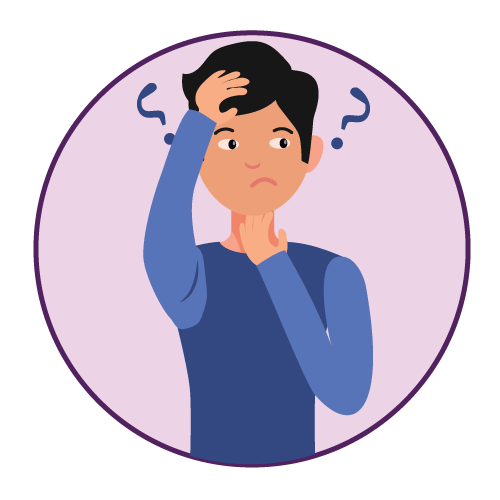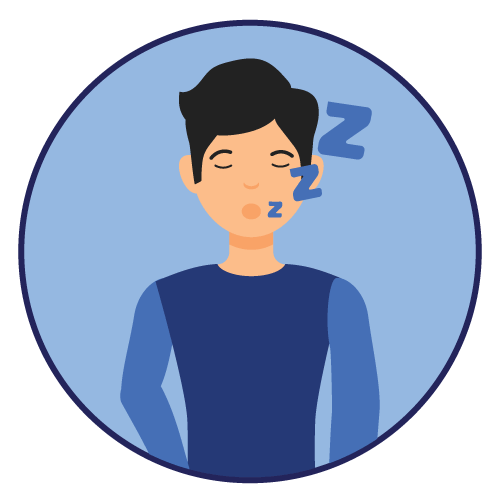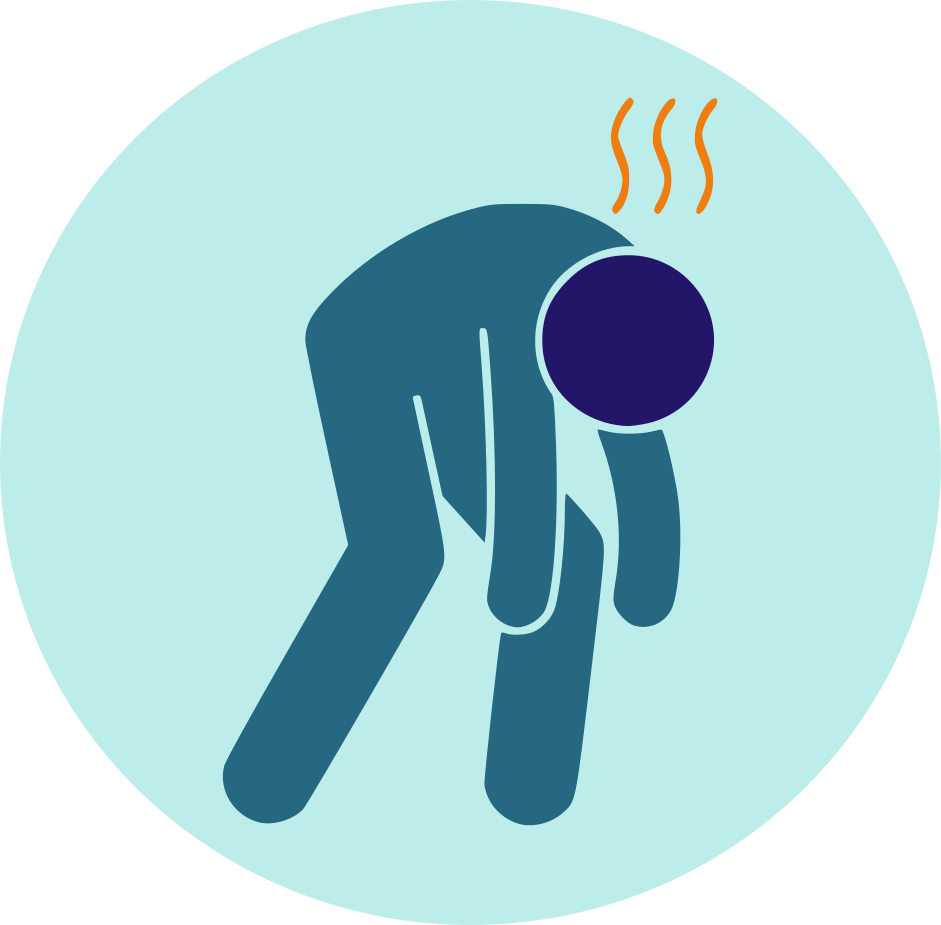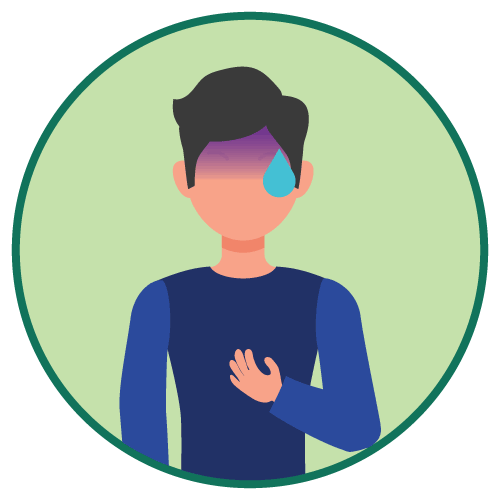Medicine details
| Image |  |
| Name | Topirva 50 |
| Dosage | Tablet |
| Generic Name | Topiramate |
| Classes |
Central Nervous System Agent Anticonvulsant / Antiepileptic Agent Carbonic Anhydrase Inhibitor Psychotherapeutic Agent |
| Diseases |
CNS Disorder Migraine Seizure |
| Company | Incepta Pharmaceuticals Ltd. |
Drug Package Details
| Strength | 50 mg |
| Storage Condition | |
| Origin Country | Bangladesh |
| Commercial Pack | 50 |
| Price per pack | ৳ 250.00 |
| Cost per pack | ৳ 220.00 |
| Package unit | 10 tabs strip |
| Price per unit | ৳ 5.00 |
| Cost per unit | ৳ 4.40 |
| Discount | 0 |
| Coupon | |
| Remarks |
Topiramate
Topiramate belongs to the class of drugs known as anticonvulsants. Its exact mechanism of action is not fully understood but is believed to involve multiple mechanisms, including enhancing the activity of gamma-aminobutyric acid (GABA), a neurotransmitter that inhibits nerve activity, and inhibiting the activity of certain excitatory neurotransmitters.
Topiramate is indicated for the treatment of several conditions, including:
- Epilepsy: It is used as an adjunctive treatment for partial-onset seizures, primary generalized tonic-clonic seizures, and seizures associated with Lennox-Gastaut syndrome in adults and children.
- Migraine prevention: It is used for the prophylaxis of migraine headaches in adults.
Monotherapy epilepsy
Adults
- Dose and titration should be guided by clinical response. Titration should begin at 25 mg nightly for 1 week. The dosage should then be increased at 1- or 2-week intervals by increments of 25 or 50 mg/day, administered in two divided doses. If the patient is unable to tolerate the titration regimen, smaller increments or longer intervals between increments can be used.
- The recommended initial target dose for topiramate monotherapy in adults is 100 mg/day to 200 mg/day in 2 divided doses. The maximum recommended daily dose is 500 mg/day in 2 divided doses. Some patients with refractory forms of epilepsy have tolerated topiramate monotherapy at doses of 1,000 mg/day. These dosing recommendations apply to all adults including the elderly in the absence of underlying renal disease.
Pediatric population (children over 6 years of age)
- Dose and titration rate in children should be guided by clinical outcome. Treatment of children over 6 years of age should begin at 0.5 to 1 mg/kg nightly for the first week. The dosage should then be increased at 1 or 2 week intervals by increments of 0.5 to 1 mg/kg/day, administered in two divided doses. If the child is unable to tolerate the titration regimen, smaller increments or longer intervals between dose increments can be used.
- The recommended initial target dose range for topiramate monotherapy in children over 6 years of age is 100 mg/day depending on clinical response, (this is about 2.0mg/kg/day in children 6-16 years).
The following side effects may occur with the use of topiramate-
- Cognitive issues (e.g., difficulty with concentration, confusion)
- Somnolence (drowsiness)
- Dizziness
- Fatigue
- Nervousness
- Paresthesia (tingling or numbness in the extremities)
- Psychomotor slowing
- Nausea
- Weight loss
- Blurred vision
- Taste alteration
- Upper respiratory tract infection
- Suicidal ideation and behavior: Topiramate may increase the risk of suicidal thoughts or behavior. Patients and caregivers should be alert for any signs of mood changes, depression, or suicidal thoughts and report them to a healthcare professional immediately.
- Cognitive and neuropsychiatric effects: Topiramate may cause cognitive impairment, including difficulties with concentration and attention. It may also lead to psychiatric symptoms such as anxiety, agitation, and depression. Patients should be monitored for these effects, especially at the initiation of treatment or during dose adjustments.
- Acute myopia and secondary angle-closure glaucoma: Topiramate has been associated with acute myopia (a condition causing sudden blurred vision) and secondary angle-closure glaucoma (a severe eye condition). Patients should seek immediate medical attention if they experience sudden visual disturbances or eye pain.
- Metabolic acidosis: Topiramate can cause metabolic acidosis, a condition characterized by an increased acidity in the blood. This can lead to various symptoms, such as rapid breathing, fatigue, confusion, and loss of appetite. Regular monitoring of bicarbonate levels is recommended.
- Kidney stones: Topiramate has been associated with an increased risk of kidney stones. Patients should maintain adequate fluid intake to reduce the risk and should be advised to seek medical attention if they experience symptoms such as severe abdominal or back pain.
- Pregnancy and breastfeeding: Topiramate may cause harm to the developing fetus and should be used during pregnancy only if the potential benefits outweigh the risks. It is excreted in breast milk, and breastfeeding should be discussed with a healthcare professional.
Contraindication
Hypersensitivity to the active substance or to any of the excipients.
Migraine prophylaxis in pregnancy and in women of childbearing potential if not using a highly effective method of contraception.








 Bangla
Bangla English
English